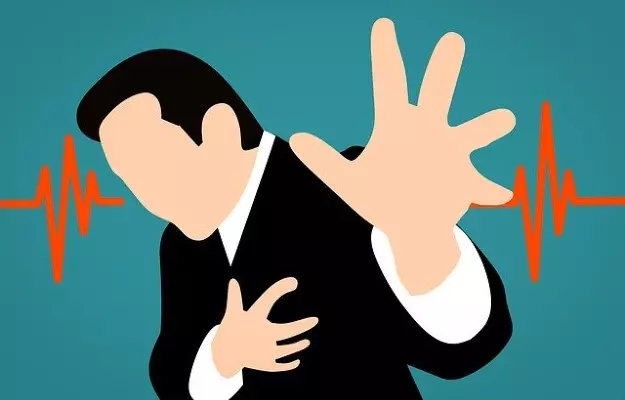The average age of recovered COVID-19 patients in the study was about 49 years. About two-thirds of the patients had recovered from the infection at home.
When the patients were analysed more than two months after recovery, many appeared to have developed cardiac issues: scans of 78 patients showed there had been structural changes to their hearts, while 76 of them showed cardiac injuries that are usually seen after a heart attack. Some 60 patients out of the 100 who were examined had developed signs of inflammation in the heart (myocarditis).
The scientists who did the study observed that the patients were in a comparatively younger age bracket and did not complain of any heart problems prior to infection.
Another study published in the same journal investigating COVID-19 in patients who had died from the disease also found high levels of the virus in the hearts when autopsies were performed. This study involved the reading of 39 autopsies and the average age, in this case, was 85, a significantly older cohort.
More than half of the autopsies—24 out of 39—showed high levels of the virus in the hearts.
The findings of this research, along with previous studies looking into heart complications arising out of COVID-19 has cardiologists worried over the long-term damage this viral infection can cause in patients even after they may have recovered from it. They have also indicated that COVID-19 could accelerate cardiac events such as heart failure.
Research is still ongoing to find out whether the complications arising out of COVID-19 would go away, or may cause permanent (chronic) damage to the heart.
People with comorbidities have been warned to take extra precaution during the COVID-19 pandemic, especially people living with underlying conditions such as various types of cancer, lung diseases, gastrointestinal issues, neurological problems as well as those with various heart diseases. This is due to the fact that those living with comorbidities are already immunocompromised, and are at the risk of suffering from the severe symptoms of the disease, increasing the likelihood of fatalities as a result.


























